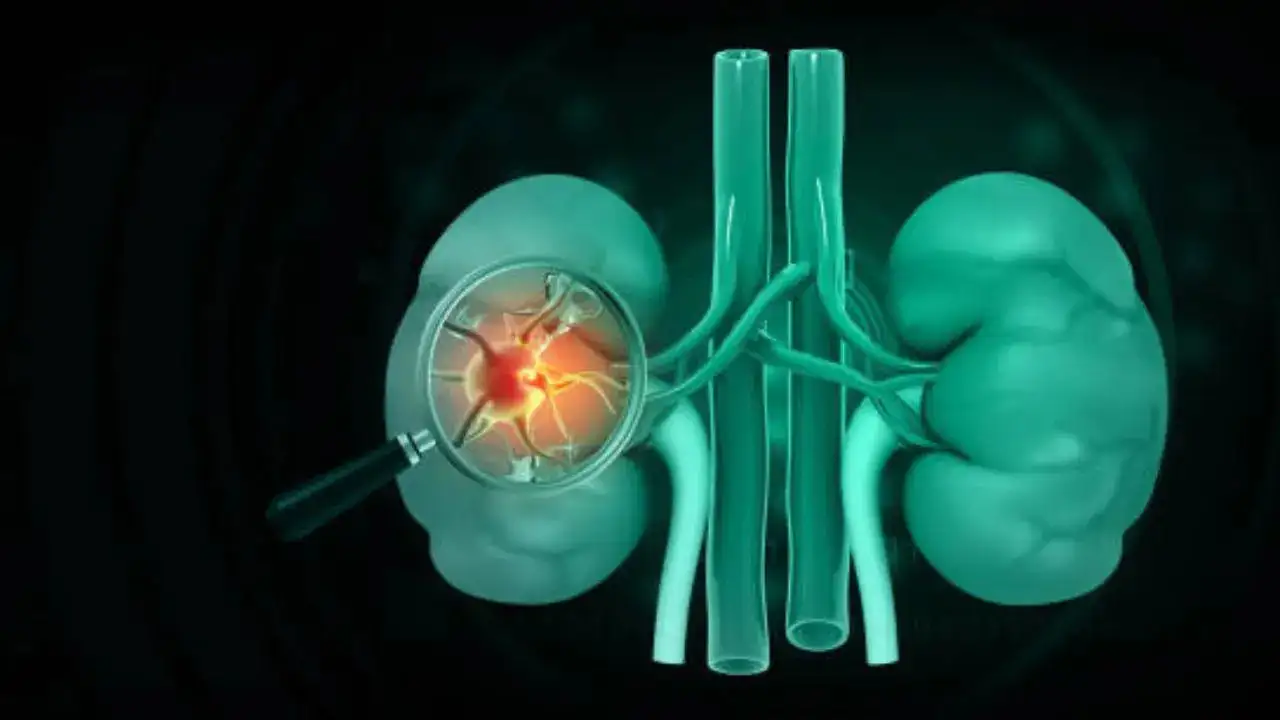Copyright timesnownews

Young people, mostly in their 20s and 30s, are reeling under an alarming rise in a strange kidney disease. According to doctors, the medical condition known as chronic kidney disease of unknown etiology or CKDu, results in severe kidney deterioration among patients who have no background of diabetes or high blood pressure. According to joint research conducted by Osmania General Hospital and Apollo Hospitals, an unusual pattern of kidney disease has been identified that primarily affects urban residents. Unlike CKDu cases reported from rural farming regions, this variant appears to be associated with different risk factors. What is CKDu? Doctors say CKDu occurs when there is no definite cause of kidney disease that can be determined, after conditions of diabetes and high blood pressure have been eliminated as possible causes have been eliminated. CKDu was first identified among agricultural workers, who faced heat, toxic substances, and dehydration, but the condition now affects non-farming urban residents at increasing rates. According to experts, most of the recently affected 75 patients had a distinct CKDu pattern, which primarily affects young adults who work in small businesses and service industries, without any farming experience. The discovery contradicts previous medical understanding that CKDu develops exclusively from farming activities and heat exposure. Doctors say CKDu progresses without noticeable symptoms until the stage of permanent kidney damage has been reached. Medical intervention during CKDu diagnosis usually happens when patients need either dialysis or kidney transplantation, because their disease has reached an irreversible stage. For many of the patients, kidney biopsies were conducted that showed widespread scarring and inflammation in the filtration units of the kidney, confirming severe and late-stage injury. What is causing a surge in CKDu? According to scientists working to find out the potential factors that may be causing CKDu, these include heavy metals, pesticides, and water contaminants that exist in the environment. Research says heat, stress, and dehydration do not have a major role in this case, since only 20 per cent of the patients worked in the farming sector. However, the contributor to urban CKDu cases seems to be the long-term use of unregulated herbal and traditional medications. The study showed that 40 per cent of Hyderabad patients used unregulated medical products, which are loaded with nephrotoxic substances or contaminants that lead to faster kidney deterioration. Signs and symptoms of CKDu Doctors say the signs and symptoms of CKDu are similar to those of other types of chronic kidney disease and can include: A need to pee more often. Tiredness, weakness, low energy level. Loss of appetite. Swelling of your hands, feet, and ankles. Breathlessness Foamy or bubbly pee. Puffy eyes Dry and itchy skin. Trouble concentrating. Trouble sleeping. Numbness. Nausea or vomiting. Muscle cramps. High blood pressure. Darkening of your skin. You must always keep in mind that it can take years for waste to build up in your blood and cause symptoms. Doctors say your kidneys experience substantial damage before patients start showing symptoms, which usually appear when the condition reaches an advanced stage. Patients usually develop symptoms including swelling, fatigue, and changes in their urine patterns during the late stages of the disease, which results in delayed medical diagnosis.



